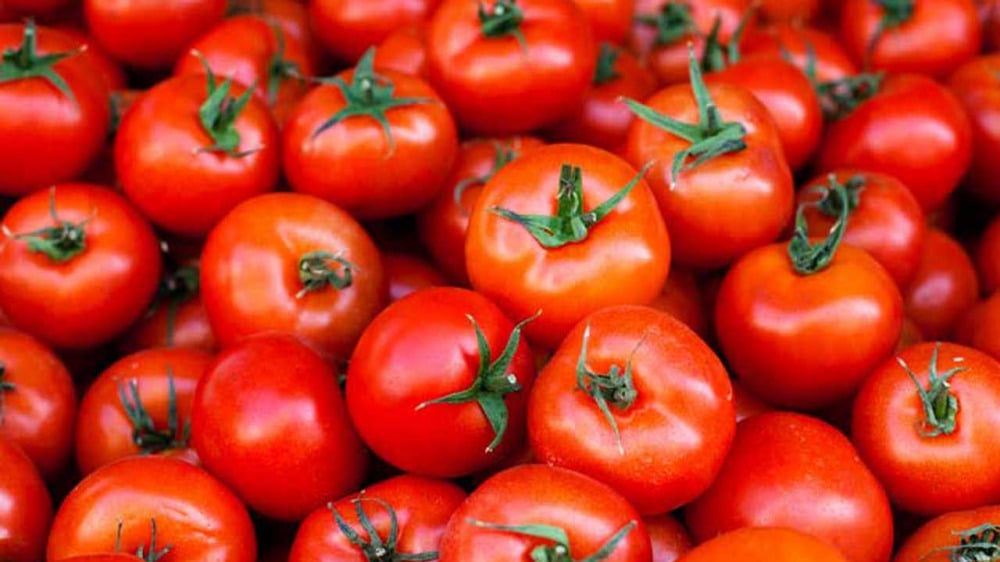
This year's severe heat has adversely affected the production of vegetables and fruits. Due to which the prices of essential vegetables like onion, potato and tomato are increasing rapidly across the country. Due to the shortage of these vegetables in the markets, prices are continuously increasing. In Mumbai and surrounding areas, people have to buy tomatoes at the rate of Rs 100 per kg. The price of tomato is also running from 90 to 95 rupees per kg on the online platform. Apart from Maharashtra, the price of tomato in Tamil Nadu, Karnataka and Andhra Pradesh is between Rs 80 and Rs 100 per kg.
Vegetable prices increase a lot during monsoon
Every year the prices of vegetables increase during monsoon. Prices keep rising every year due to the effect of rainfall on crops. But, this year there has been a huge loss in vegetable production due to extreme heat. Due to which prices have started rising even before the monsoon arrives. Rain not only affects production but also spoils a large amount of vegetables during packaging and transportation.
Despite four times more sowing, production remained low
Due to the huge increase in tomato prices last year, farmers in Maharashtra have produced tomatoes in large quantities this year. But, due to the heat, tomato production could not be that much. Farmers told that in many areas of Maharashtra, 4 times more tomatoes have been planted as compared to last year. However, due to the heat, more production could not be done. In the Junnar region of the state, 2000 cartons of tomatoes are produced per acre every year. This year the production has decreased to only 500 to 600 cartons per acre. The situation is the same in other areas as well.
There is no hope of relief in tomato prices at the moment
At present, there is no hope of relief in tomato prices for the public. People will have to face inflation even during the rainy season. This year the monsoon is expected to be weak. Due to which there is no significant improvement in tomato production. The delay in monsoon will not only delay the sowing of Kharif crops but tomato production is also expected to decrease. This will have a negative impact on the supply chain.
 look news india
look news india